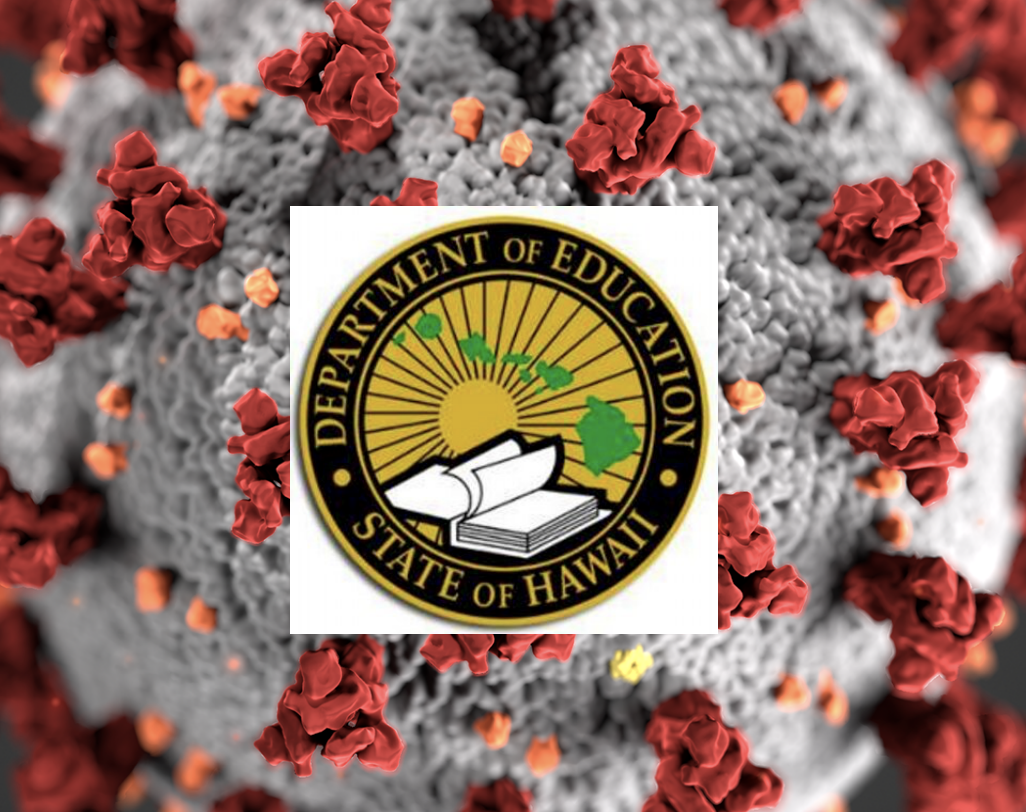National research suggests Hawai‘i public schools have been effective at increasing the speed at which students are recovering from pandemic learning loss.
The academic recovery of Hawai‘i’s public school students following the pandemic has been “exceptional” compared to most other states, according to a recent analysis by the National Center for the Improvement of Educational Assessments. To better understand the effects of the pandemic, the Hawai‘i State Department of Education contracted the Center for an in-depth analysis of the impact of the pandemic on academic performance and the extent to which recovery efforts are bringing about intended results.
Dr. Damian Betebenner, lead investigator for the Center, said that the COVID-19 pandemic caused the most significant educational upheaval in U.S. history, and even after three years, students and educators continue to experience the effects of the pandemic.
To catch back up, Betebenner said, students need to learn at rates that exceed their learning rates pre-pandemic. On average, from 2021 to 2022, HIDOE students achieved those accelerated rates to catch students back up. Betebenner’s research suggests HIDOE schools have been effective at increasing the speed at which students are learning
“Of the dozen or so states I’ve looked at – from the East Coast to the West, all the way to Hawai‘i – the recovery, or the rates of learning, that Hawai‘i is demonstrating this most recent year are the most impressive I’ve seen,” Betebenner said.
The Center is now conducting case study analyses at several HIDOE schools experiencing remarkable recoveries to further explore what’s behind their success and what other schools can learn from their efforts to promote academic recovery. Initial overall findings from the Center’s study show:
- Decisive leadership providing clear direction was critical during the pandemic.
- Funding was not a significant limitation for academic recovery during the pandemic as all schools had access to federal Elementary and Secondary School Emergency Relief (ESSER) funds. Strong leaders demonstrated resourcefulness and creativity in securing funds for necessary programs and services during a crisis.
Superintendent Keith Hayashi credited the Department’s educators and support staff along with students and families: “Our gains are attributed to our hard-working employees, committed students and supportive parents.”
Hayashi said the Department’s four statewide strategies implemented during the pandemic continue to provide a common set of strategies and expectations for whatʻs happening at all schools.
- Healthy Habits, Healthy Schools – Keeping students safe.
- Action-Oriented Data Decision-Making – Making smart decisions based on facts and data.
- Responsive Capacity Building – Staffing and supporting schools.
- Effective Academic Practices – Implementing research-based teaching to engage our students.
Betebenner was in Hawai‘i recently to share some of the findings with stakeholder groups, including HIDOE leadership, the Board of Education, media and legislators.
The National Center for the Improvement of Educational Assessments, also known as The Center for Assessment, is a nonprofit organization dedicated to improving student learning and achievement through the development and implementation of high-quality assessments. The Center focuses on providing research-based guidance and technical assistance to educators, policymakers, and assessment developers to ensure that assessments are valid, reliable and fair.



